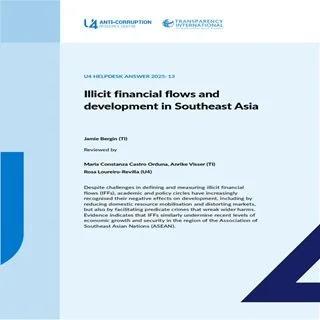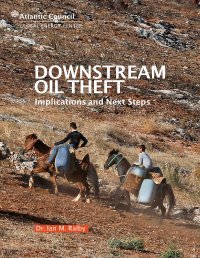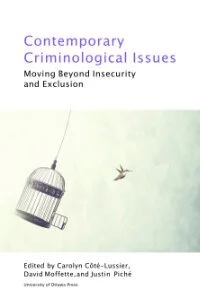Editor(s): D. Asher Ghertner, Hudson McFann, Daniel M. Goldstein
Security is a defining characteristic of our age and the driving force behind the management of collective political, economic, and social life. Directed at safeguarding society against future peril, security is often thought of as the hard infrastructures and invisible technologies assumed to deliver it: walls, turnstiles, CCTV cameras, digital encryption, and the like. The contributors to Futureproof redirect this focus, showing how security is a sensory domain shaped by affect and image as much as rules and rationalities. They examine security as it is lived and felt in domains as varied as real estate listings, active-shooter drills, border crossings, landslide maps, gang graffiti, and museum exhibits to theorize how security regimes are expressed through aesthetic forms. Taking a global perspective with studies ranging from Jamaica to Jakarta and Colombia to the U.S.-Mexico border ;Futureproof expands our understanding of the security practices, infrastructures, and technologies that pervade everyday life.
Contributors: Victoria Bernal, Jon Horne Carter, Alexandra Demshock, Zaire Z. Dinzey-Flores, Didier Fassin, D. Asher Ghertner, Daniel M. Goldstein, Rachel Hall, Rivke Jaffe, Ieva Jusionyte, Catherine Lutz, Alejandra Leal Martínez, Hudson McFann, Limor Samimian-Darash, AbdouMaliq Simone, Austin Zeiderman
Durham, NC: Duke University Press, 2020. 312p.













